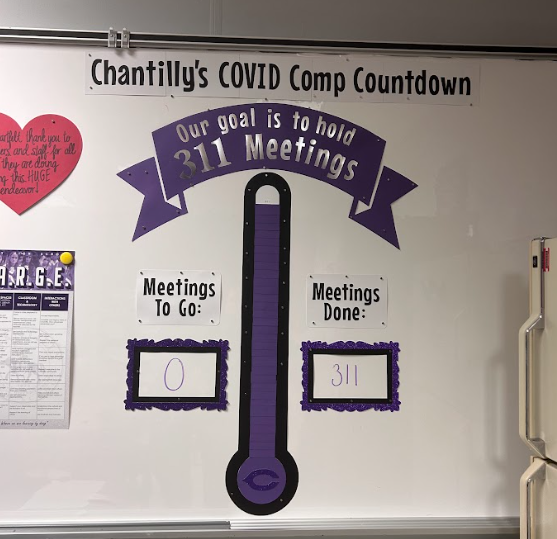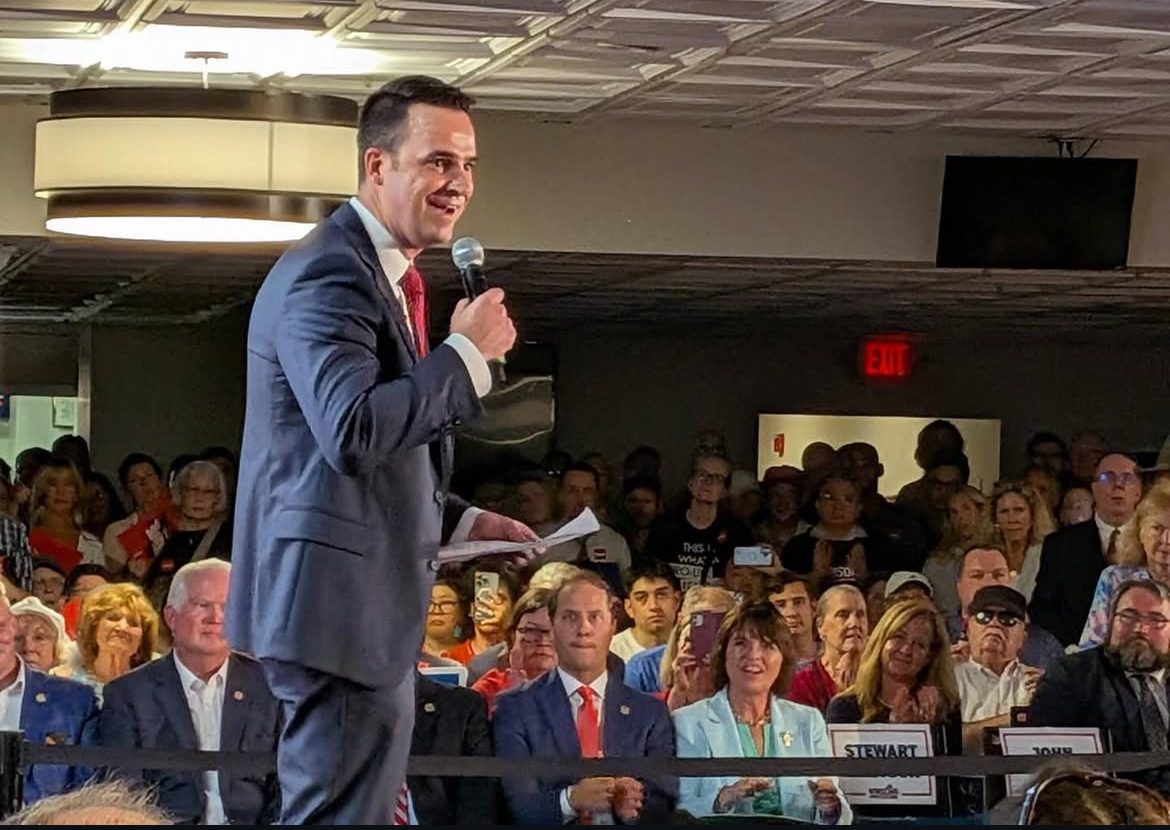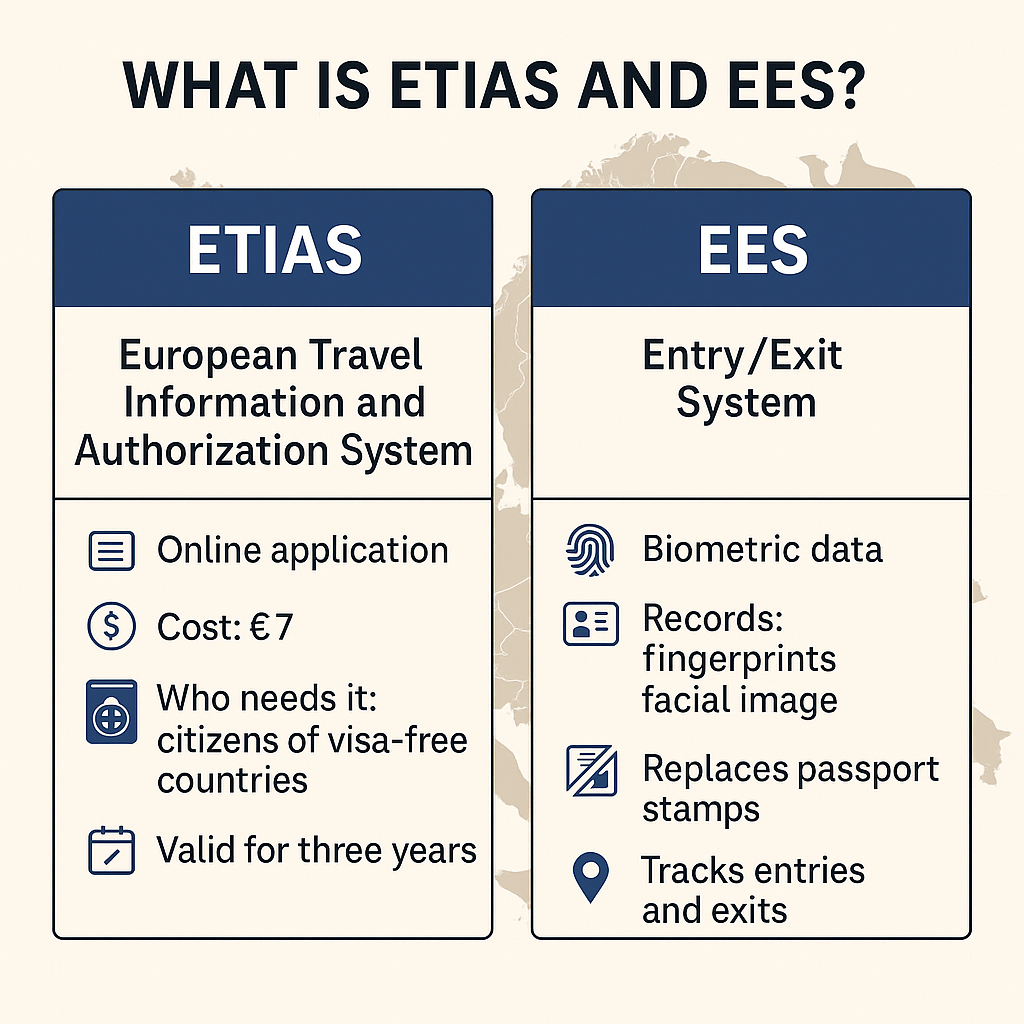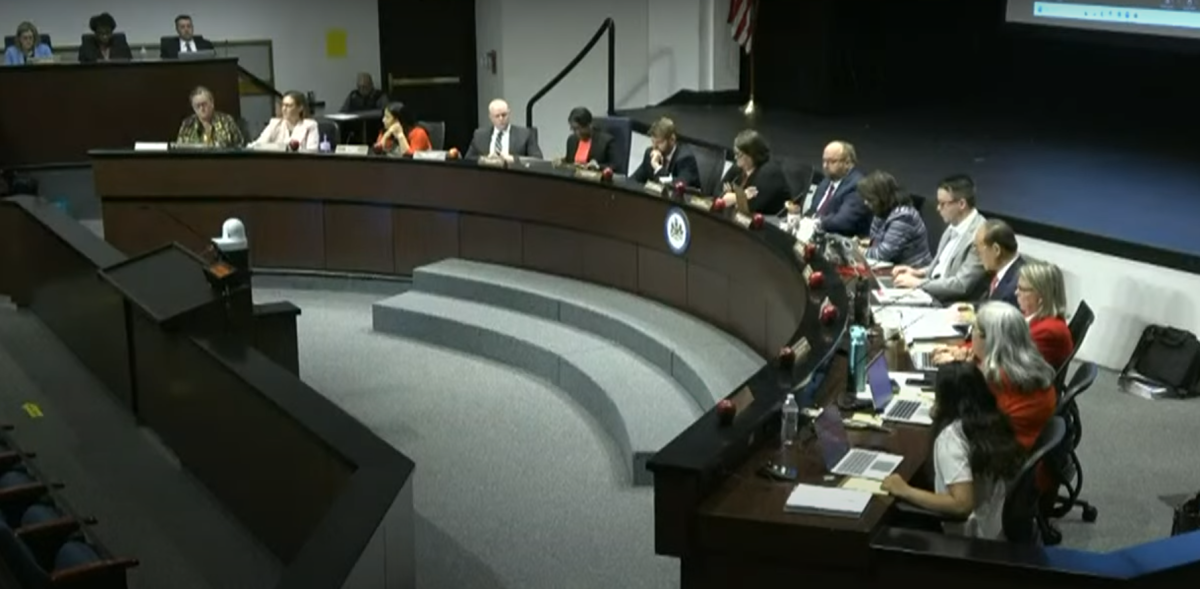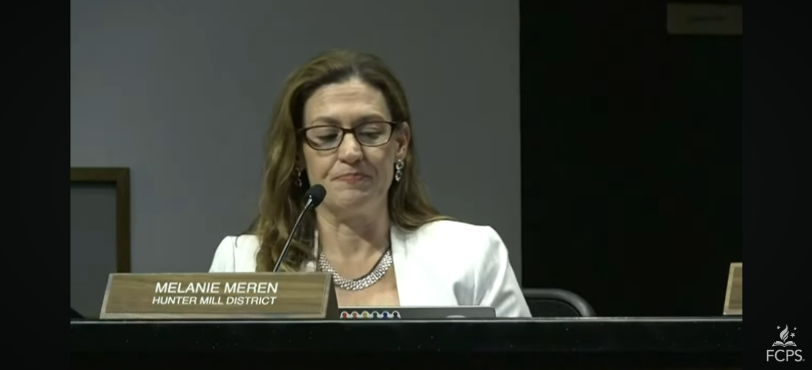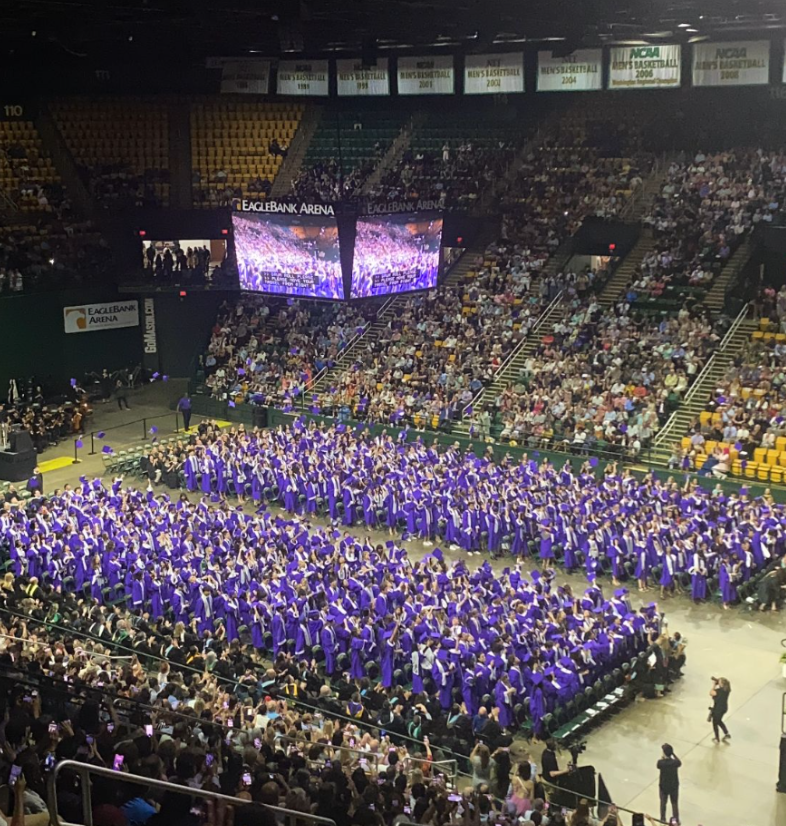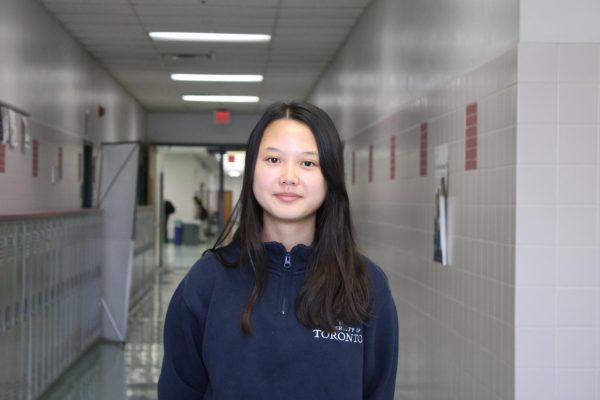During the COVID-19 pandemic, thousands of learning hours were lost for students with disabilities due to a lack of required services from Fairfax County Public Schools (FCPS), according to the U.S. Department of Education’s Office of Civil Rights. FCPS schools saw a drop in academic performance in the general student population, prompting the district to allocate $170 million to support students with academics and social-emotional support.
However, the district did not provide excess funds or start a plan to help students with disabilities receive compensatory education, according to the U.S. DOE. This led to a class-action lawsuit being filed against the district and the Virginia Department of Education. Then, an investigation was conducted by the U.S. Department of Education’s Office of Civil Rights which later announced on Nov. 30, 2022 that, as part of a resolution agreement, FCPS had to ensure that students with disabilities receive proper educational services.
“It was a huge challenge,” special education department chair Kristen Fennel said. “At that time, I was a classroom teacher and I had a group of kids I was personally teaching. I tried to connect with them and really make sure they were socially and emotionally connected.”
In 2022, the American Institutes for Research published a report detailing how the district did not meet state goals for the percentage of time students with an Individualized Education Program (IEP) were present in the general education setting, providing services for students with IEPs and in the amount of support for educators.
“An educational plan is like a house, and the house is only as strong as the foundation it rests on,” parent and Chair of the Advisory Committee for Students with Disabilities Elizabeth Zielinski said. “The foundation of education was not built for students with disabilities. Until we rebuild that, it’s going to be a little bit of a square peg, round hole type of situation where a lot of students and families don’t feel that they get the services that they need.”
Despite FCPS’ difficulties in addressing the needs of students with disabilities, the district has implemented multiple measures to help address these issues after the U.S. DOE’s resolution agreement. Attempts to restore the learning hours lost during the pandemic are being made through instruction before and after school, summer school and Saturday programs at regional sites.
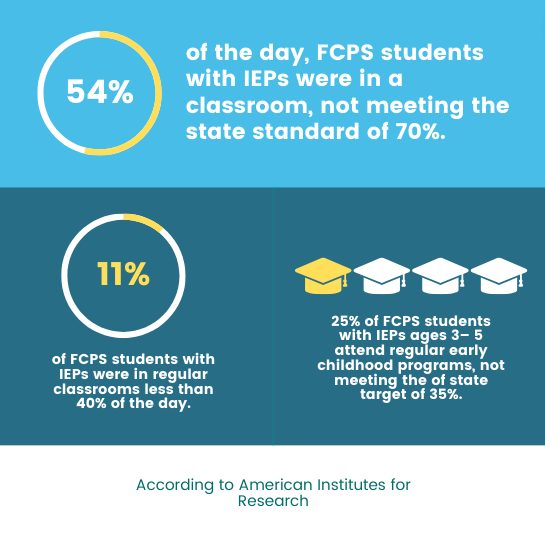
In regard to finances, many parents in the district paid for resources during the COVID-19 pandemic in response to a lack of support from FCPS. The district has hired private providers and three finance employees to help determine which families need reimbursement for their spending during the COVID-19 pandemic.
“We are still delivering services, but are finished with a lot of kids,” Fennel said. “I would hope most of our students would receive their services soon. Pretty much four days a week we worked before and after school to deliver services.”
Using COVID-19 relief funds from the federal government, FCPS previously paid $46 million to special education teachers for increased workloads connected with the pandemic and IEPs. As a result of the agreement with the U.S. Department of Education, FCPS will provide an additional $2 million allotted to the Special Education Compensatory Services Fund in fiscal year 2024.
“I think that’s a really good thing that the district added some funds and it’s nice to know they did fund a lot before,” sophomore Nila Elangovan said. “Because [students with disabilities] are the people that need the most support for their learning.”
The deadline for FCPS to determine student eligibility for compensation services was extended to Oct. 15, 2023, due to some FCPS schools not being ready by the original deadline. CHS met the original deadline of June 16 with the help of special and general education staff in contacting and talking with students and their families. With eligibility determined, the Special Education Department continues to provide services throughout 2024, with a goal to finish all by the end of the school year, remaining positive despite an increased workload.
“Although there is more work, I don’t feel burned out,” Fennel said. “The [CHS staff] is by far the most amazing group of people I’ve ever worked with. The way that this school came together for the Office of Civil Rights (OCR) meetings last year was just incredible. Our whole school community is really wonderful.”


